




The Mercury Platform is a collaborative initiative of the United Nations Institute for Training and Research (UNITAR) and UN Environment supporting countries to protect human health and the environment from the adverse effects of mercury. This initiative was launched in July 2015.
The main objective of the Mercury Platform is to provide knowledge on mercury management and encourage information exchange.
UNITAR provides the ongoing support for the Mercury Platform.
UNITAR is currently undertaking the following activities in support of the ratification and implementation of the Minamata Convention.
The Minamata Convention Initial Assessment project (MIA) is an enabling activity funded by the GEF that will enable UNITAR’s partner countries to identify domestic mercury challenges and the extent to which existing legal and regulatory frameworks enable a country to implement future obligations under the Minamata Convention. As such, countries develop a national mercury profile that can be used for further action against the dangers of mercury. UNITAR's MIA projects consist of the following components:
Whereas the MIA projects provide a broad overview of the use of mercury in different sectors of a country, the National Action Plan (NAP) projects focus on one particular sector for which they articulate a strategy to systematically reduce mercury emissions.
Article 7 of the Minamata Convention on Mercury addresses artisanal and small scale gold mining (ASGM), the largest global source of mercury pollution. Under this Article, countries where mercury use in ASGM is “more than insignificant” are required to take steps to reduce and, where feasible, eliminate the use of mercury, by developing a NAP. UNITAR’s NAP projects consist of the following project components:
Because the ASGM sector is closely tied to complex economic development and poverty issues that are specific to each country’s unique context, UNITAR takes a comprehensive approach to NAP projects that addresses a multiplicity of development challenges. As such, besides addressing mercury’s detrimental effects on human health and the environment, UNITAR’s NAP projects address cross-cutting topics in the ASM sector, such as governance and formalization, its effects on local development and economic inequalities, and its potential to empower vulnerable groups.